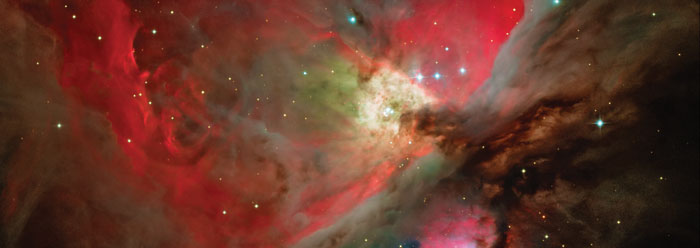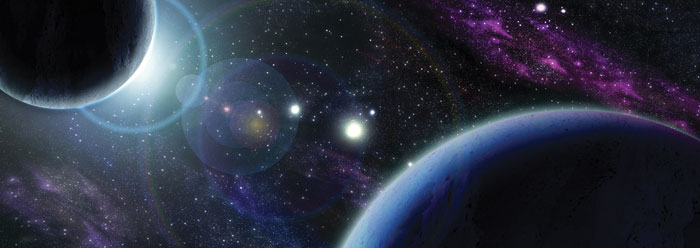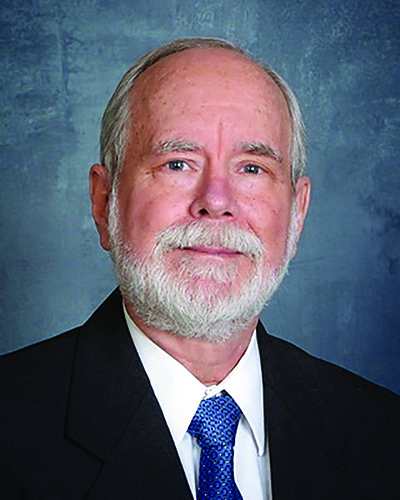
Cosmic Energy: Creative or Destructive?
It is intuitively obvious that to get from a Big Bang to intelligent astronomers looking for evidence of the bang through telescopes, the amount of organization in the universe must have increased over time dramatically. Lately, astronomy has uncovered much more dynamism in space than previously recognized--but much of it is destructive, not creative.

Bottom-Up Science
Evolutionary philosophy is a bottom-up storytelling project: particles, planets, people. Naturalists (those who say nature is all there is) believe they can invent explanations that are free of miracles, but in practice, miracles pop up everywhere in their stories. This was satirized by Sidney Harris years ago in a cartoon that showed a grad student filling a blackboard with equations.

Laws of Nature and Nature's Lawgiver
What is meant by laws of nature? Presumably it is the business of science to uncover them. Yet few people, and few scientists, ever unpack the term. Many would be surprised to know that there are deep controversies among philosophers about the meaning of "laws of nature." Creationists have the high ground in this arena.

Atmospheres: A Narrow Zone for Life
One of earth's greatest assets is its life-supporting atmosphere. Only eight other bodies in the solar system are enshrouded in gas to a significant degree.1 Atmospheres can produce dramatic effects: winds, clouds, and precipitation.




